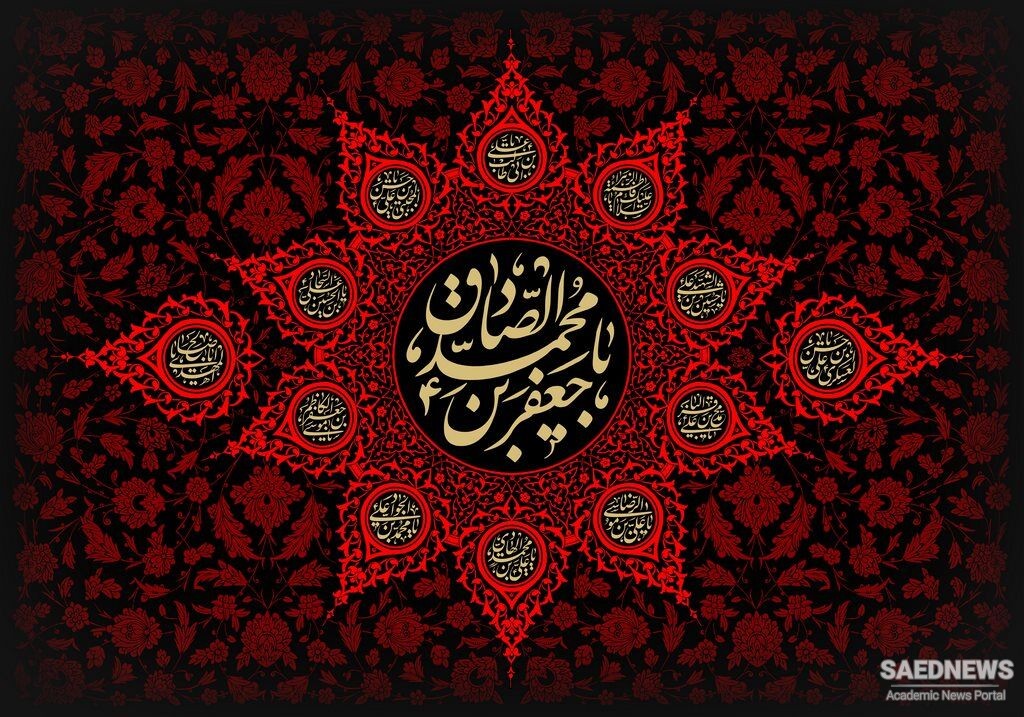But God’s protective grace ensured that these evil schemes of the idolators came to naught. The last hope for these enemies was that with the death of the Prophet, the religion he brought would come to an end also (as he had no male offspring to succeed him): Or say they: a poet, for whom we await the accident of time? (Holy Quran).
This was the thought that dominated many of the idolators and hypocrites. However, with the designation of such a worthy successor, who had proven throughout his life so pure in faith and constant in devotion to Islam, the hopes of the enemies were transformed into despair. By this act, the continuity of the religious community was secured, its foundations set firm, and the blessing of Islam, with the designation of such leadership, was brought to completion. It is for this reason that, after the appointment of Ali as the successor to the Prophet, the verse relating to the ‘perfecting of religion’ was revealed on the day of Ghadir:
"This day are those who disbelieve in despair of [ever harming] your religion; so fear them not, fear Me. This day have I perfected your religion for you and completed My favour unto you, and have chosen for you Islam as religion" (Holy Quran).
Apart from the authentic hadiths cited—which go to prove that the issue of succession to the Prophet was a matter to be determined by God, rather than being left to the will of the community—various historical accounts also indicate that the Prophet, even when he was still in Mecca, not having yet established the Medinan state, regarded the issue of succession as one which pertained to God’s decree. For instance, the chief of the tribe of Banu Amir came to the Prophet at the season of Hajj and asked him: ‘If we pay allegiance to you, and you conquer your enemies, will we benefit from any share in the leadership [of your community]?’ In reply, the Prophet said: ‘That is for God to decide; He will entrust leadership to whomever He will.


 Shia Imams and Their Appointment by the Holy Prophet of Islam
Shia Imams and Their Appointment by the Holy Prophet of Islam














































